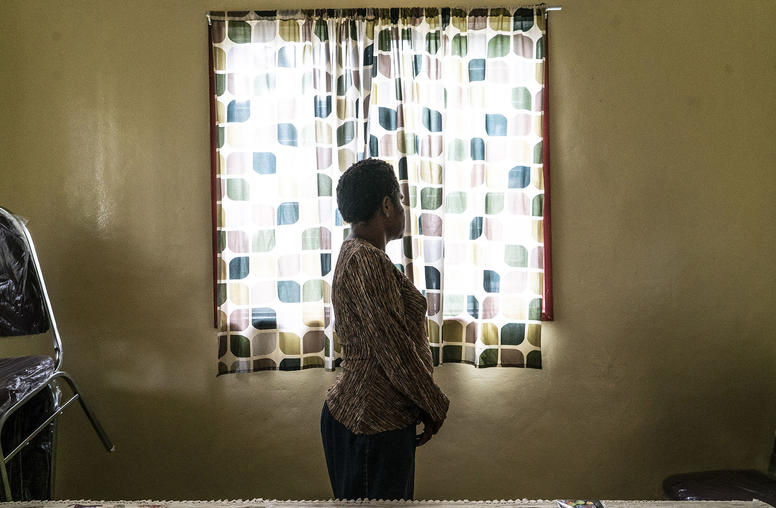Kathleen Kuehnast, Ph.D.
Contact
Please submit all media inquiries to interviews@usip.org or call 202.429.3869.
For all other inquiries, please call 202.457.1700
Kathleen Kuehnast is the director of the Women, Peace and Security portfolio at USIP, where she oversees the Institute’s work on the gendered impacts of violent conflict, drawing upon U.N. Security Council Resolution 1325, emphasizing the critical role women play in all aspects of peacebuilding.
Since 2012, Kuehnast has served as a founding partner of the Missing Peace Initiative, which is focused on ending conflict-related sexual violence by bringing a survivor-centered focus to research, policy and practice. Since 2010, she has also spearheaded the U.S. Civil Society Work Group on Women, Peace and Security, of which USIP is the secretariat.
Prior to USIP, Kuehnast worked in the international development field, primarily with the World Bank, where her role as a senior social scientist included research and project management on the thematic streams of women and poverty, social capital, and community driven development in fragile and post-conflict societies. Her regional expertise is in Central Asia, where she lived for several years during the initial years of the post-Soviet period in Kyrgyzstan completing her doctoral dissertation research.
Kuehnast’s most recent publication is the chapter “Gender and Armed Conflict” that appears in the volume “The Gender and Security Agenda: Promoting Equality and Peace in the 21st Century.”
She was the 2015 recipient of the Perdita Huston Human Rights Award from the U.N. Association of the National Capital Area. Kuehnast holds a doctorate in sociocultural anthropology from the University of Minnesota and received a post-doctorate Mellon Foreign Fellowship at the Library of Congress and a Kennan Institute Fellowship at the Wilson Center. Kuehnast is a lifetime member of the Council on Foreign Relations.





